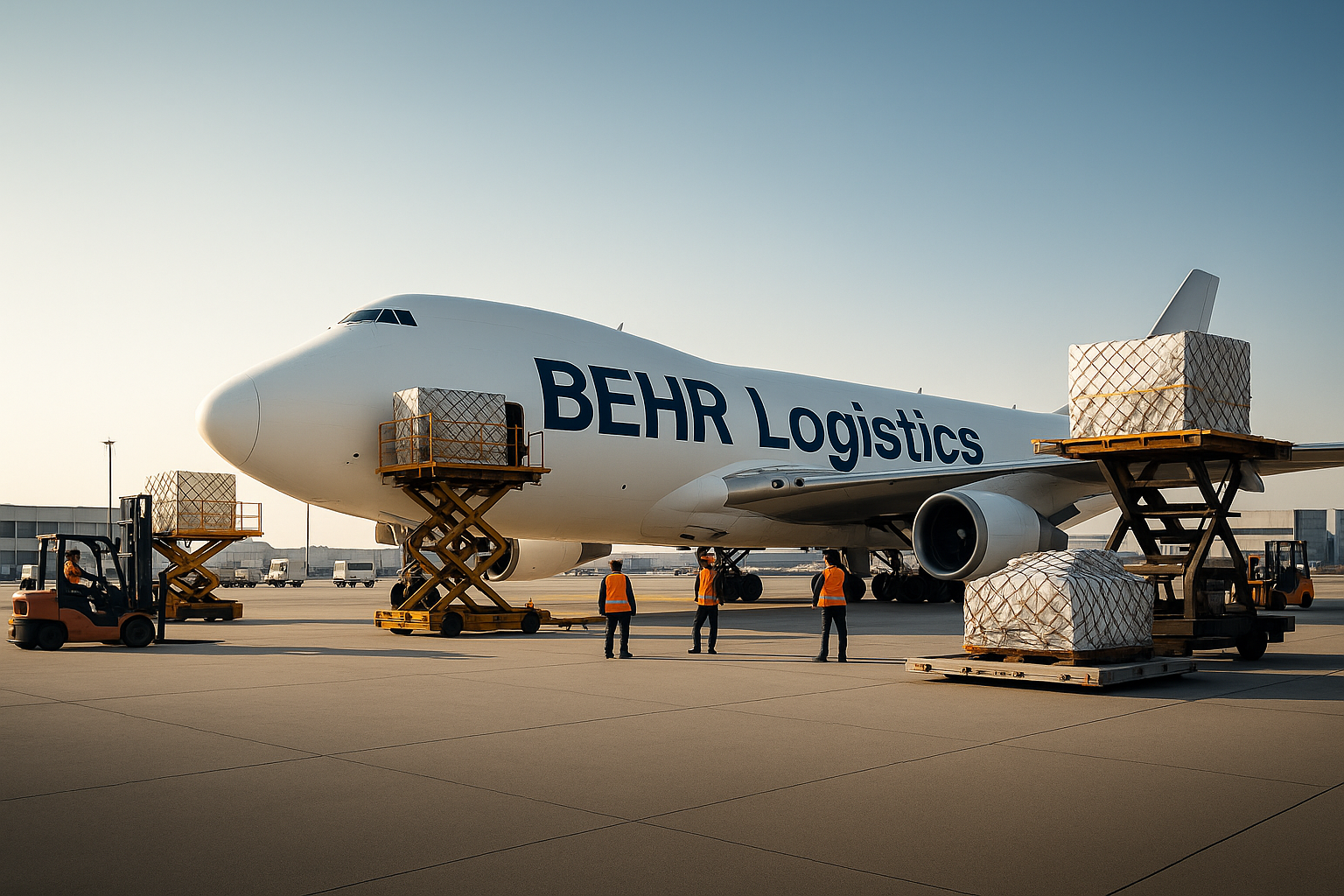Supply chain digitization prepares your company for resilient growth at any pace, and helps you seize opportunities to scale your business, whether you’re processing ten transactions a day or 10 million.
Logistics teams are under pressure. The pace of change, the complexity of tech stacks, and the need for fast, accurate decisions all make integration more critical than ever.
ERPs, TMSs, WMSs, emails, spreadsheets, EDI files—none of it was built to talk to each other easily. And that’s exactly the problem.
Without tight integration, data gets rekeyed, shipments are delayed, and partners stay out of sync. You spend your time fixing errors instead of moving goods.
It’s no surprise that many companies are exploring iPaaS solutions to fix this. But not all platforms are created equal.
If you’re trying to automate workflows across supply chain systems and clean up your integration processes, this is where an integration platform as a service (iPaaS) earns its keep. It acts as the connective tissue for your operations—a behind-the-scenes workhorse that manages data flows, links disparate systems, and helps your team focus on what matters.
Let’s break it down.
Why supply chain data integration is so hard (and getting harder)
You might recognize this: your TMS doesn’t connect cleanly with your ERP. Your WMS sends milestone updates via email. One partner requires JSON, while the other insists on flat files over FTP. And every shipment means data gets copied from one screen to another.
Logistics teams say things like:
- “We built this ourselves already.”
- “We’re juggling too many systems and external vendors.”
- “I spend more time cleaning up errors than running operations.”
And they’re not wrong. Custom builds and brittle patches make things worse over time.
According to a Salesforce study, companies are spending an average of $3.5 million per year just on custom integration labor costs—significantly undercutting their efforts to scale and digitally transform their operations
They’re hard to maintain, slow to change, and dependent on internal IT bandwidth you probably don’t have. These types of complex integrations require integration solutions that can handle high operational complexity.
What is an iPaaS solution? A smarter approach to integrating applications
An iPaaS (iIntegration pPlatform as a sService) is a cloud-based tool that helps connect different systems and applications. Whether it’s cloud-based applications or on-premises applications, it simplifies the integration development work so your business can automate business processes and share data across systems without building every connection from scratch.
In logistics, this might look like a freight forwarder’s TMS syncing booking confirmations with a shipper’s enterprise resource planning system or customer relationship management (CRM) platform.
No manual processes. No email chains. Just structured customer data flowing where it needs to go.
The best iPaaS vendors do this quietly. They integrate data behind the scenes, allowing business users to see fewer errors, receive faster updates, and focus on business operations instead of managing complex integration workflows.
How iPaaS platforms power automated workflows and data synchronization
Here’s what a modern iPaaS solution does and uses:
- Pre-built connectors for popular logistics systems
- Automated data mapping and transformation to translate formats between systems
- Workflow orchestration to manage integration flows and routing logic
- Error handling to flag and fix integration tasks before they cause delays
- Scheduling and lifecycle management to keep integration projects consistent
These features allow you to streamline data flows across multiple systems and multiple applications. This includes collecting and harmonizing data from various data sources.
Business teams can automate business process automation tasks like syncing order updates or transforming invoice formats, making integration needs much easier to handle.
This is how you reach seamless data integration across different systems and cloud environments. And because the interface is user-friendly, you don’t need extensive coding knowledge to get started.
Generic vs. logistics-specific iPaaS: Why integration capabilities matter
Many iPaaS solutions are designed for IT departments, rather than supply chain operators. They expect clean APIs and structured data, not the real-world chaos of EDI files and FTP drops.
Logistics teams often face complex integration scenarios that generic platforms can’t handle. For example, onboarding a new freight partner who sends booking info in a custom XML format via email isn’t something most low-code integration platforms can handle well.
Chain.io was built for these use cases. We support data transformation, EDI, and legacy formats. We help you connect applications across cloud services, integrate with business systems, and ensure real-time data synchronization with minimal manual effort.
Our platform also accelerates digital transformation by serving as the bridge between your digital tools and your operational realities.
Key benefits of enterprise integration for LSPs and shippers
When done right, enterprise integration delivers real, measurable supply chain integration benefits. These include faster onboarding, smoother communication between systems, and greater visibility across your customer relationship management tools and other key data sources—all critical for a supply chain operation that needs to move quickly and adapt often.
Let’s go a bit deeper.
Reducing SLA penalties through more reliable data
Automating your integration processes reduces errors and delays. That means fewer missed milestones and less risk of penalties.
Onboarding new partners or 3PLs faster
With pre-built connectors and modern integration strategies, you can build repeatable templates that shorten onboarding time.
Less burden on internal IT teams
Because Chain.io is a low-code integration platform, business users can manage integrations without relying on developers. That gives your IT team breathing room.
Readiness for compliance/reporting demands like ESG
Structured, reliable data supports compliance needs and simplifies reporting across your business systems.
Signs your custom integrations are holding you back
Here’s what to watch for:
- Manual processes that slow down workflows
- Custom scripts that break with every change
- No clear owner of integration tasks
You’re not alone if you’re stuck here. Many integration workflows were designed as quick fixes rather than scalable solutions. But those quick fixes cost time and money in the long run.
Chain.io’s approach to integration management: Built for logistics
Our integration platform is purpose-built for logistics. We connect the dots between supply chain systems, automate integration workflows, and give you tools to manage integrations with ease.
We support:
- Legacy formats like flat files and emails
- Complex partner setups
- Cloud-based applications and cloud services
- Intelligent integration that adapts to change
Our user-friendly interface makes it easy for business users to develop integration flows, monitor them, and troubleshoot issues.
Chain.io reduces operational complexity and improves operational efficiency. And once we’re set up, we disappear into the background so your team can focus on running a smarter, more connected supply chain.
Rethink your integration strategy
If you’re juggling disparate systems, repetitive tasks, and unreliable data transfer processes, now is the time to assess your integration needs. Many iPaaS solutions promise seamless integration, but few can deliver on this promise in the logistics space.
Chain.io helps you connect applications, automate business processes, including automating business processes that previously required manual intervention, and synchronize data across your tech stack.
We provide you with the business agility to respond to customer demands, streamline integration development, and manage your integration flows with minimal IT overhead.
Explore how Chain.io supports your supply chain transformation in our guide to ERP integration or see how we bring together systems and data in our supply chain solutions overview.
Book a demo to learn how Chain.io can help you improve your integration projects and accelerate digital transformation.







